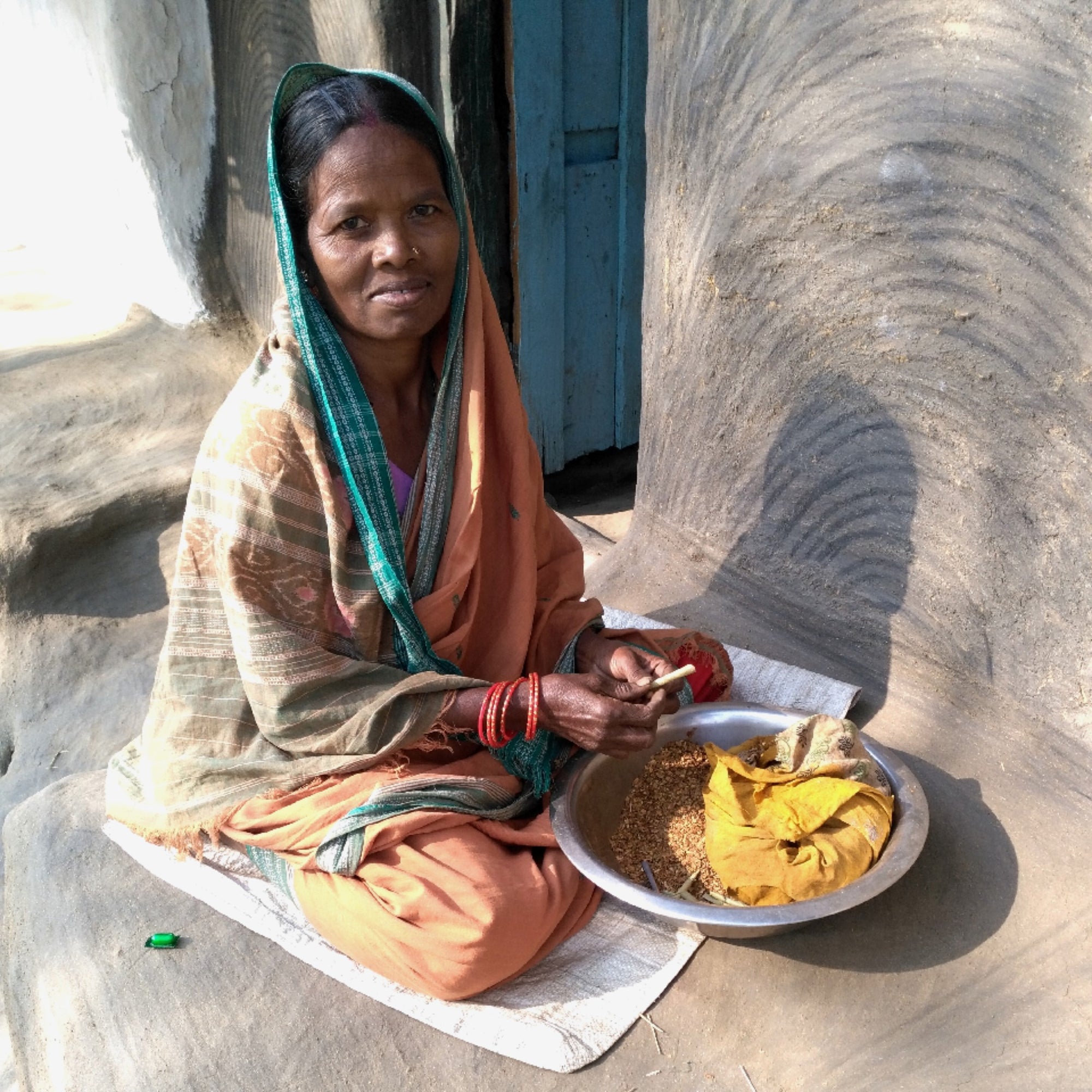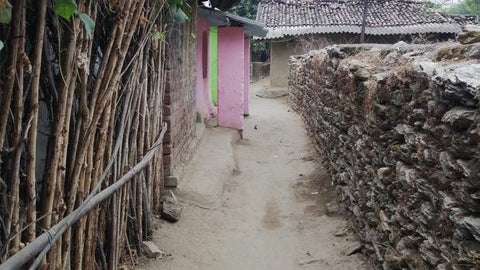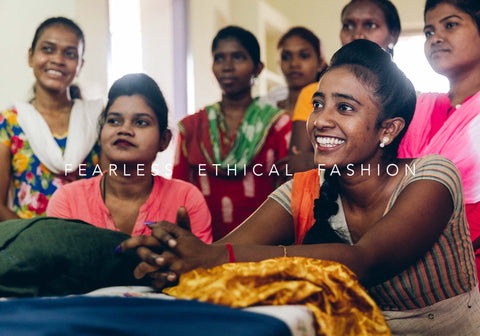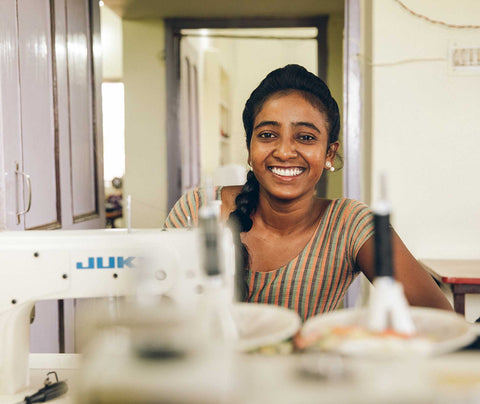
Building a business with dignity
How to make a business that treats people with dignity?
(Some thoughts that Daniel endured...)
(Photo above of a women in the same village as Holi Boli rolling cigarettes for job - a common job for women in villages)
Dignified work is what work psychologists are saying is required for people to have a life that feels satisfying to exist in. Dignified work means that workers get paid more than the minimum or even the living wage, they feel appreciated in their work place and believe that their work is meaningful. Dignified work means that people feel proud when they tell people what they do. When you think about that, people telling you what they do, you begin to understand what work is to people, it is their identity. What do you do? I am a…. I work for….

The business problem is that dignity tends to be reserved for those who make a lot of money from their work. Often this is the shareholders but it can extend to other stakeholders such as CEOs and the those at the so called ‘top’ of the organisational charts. A good business makes money. That is what a business does. However, can a good business make money at any cost? Is it OK to run a good business that exploits workers or the workers of suppliers.
Today I sat and listened to a successful business owner. They are running a good business. They provide a niche market with goods and services that people are willing to pay for. However, they are not interested in the whole supply chain. Yes, they treat their customers with dignity, and they even treat their staff with dignity BUT their suppliers do not treat their staff with dignity. When I listened to their business model I felt deflated, I knew that much of what they were saying made sense. I know that business must make money to work. I know that! The question I am trying to solve is can I make money and not cause pain from a lack of dignity in any part of the supply chain? It feels impossible.

I consider the market I am in. It is not a niche market. It is perhaps one of the most over supplied markets in the world; the apparel market. Did I select the wrong market. It is a market where women are often reduced to slavery. There is very little dignity in the apparel market. At the front end women are made to feel embarrassed by their bodies as they are constantly exposed to images that are selected or airbrushed to create a false ideal of what it takes to be beautiful. Images that suppose that if I wear this item I might be beautiful too. This is a systemic evil that deconstructs real women to feel that they are unworthy of the freedom that comes when you feel good about how you look. That flows through to the back end of the industry where women are reduced to evil inhumane conditions that are akin to rats living on ship. Working for very little money in poor conditions. It is slavery. It is evil. It is undignified.
The question is do I need to prescribe to some level of evil in order to make my business ‘feasible’. Today I heard that the answer to this question is yes. Yes, you need to turn a blind eye to those you do not manage. The system of your business was said to be the most important factor to success and that system has to be economically viable at any cost. I agree with the system needing to be economically viable but I disagree with the method of building wealth for the ‘key stakeholders’ in a way that is undignified for other stakeholders.
How can I do it though. When I pull the dignified lever I lose money. When I pull the money lever I lose dignity. Holi Boli is a think tank, it is an experiment, to learn how to produce dignity in an undignified evil market. Holi Boli is striving to find a way. I hope we can do it. I feel empty and unsure what the answers are. I hope we can do it. I feel lost. I hope we can do it. I feel like success is so important because it might help redefine for many what business is and what it can do. Business for dignity of communities and the people, the stakeholders, that exist in that community. No excuses, but making money to give dignity. I hope we can do it. Use work to produce dignified identities.

(Photos: The road to Holi Boli through the village. Holi Boli production morning production meeting. Bhanu working at Holi Boli).



















oh, that was inspiring, thx so much for this read. You should put these on LinkedIn.
Gretta Carlye on